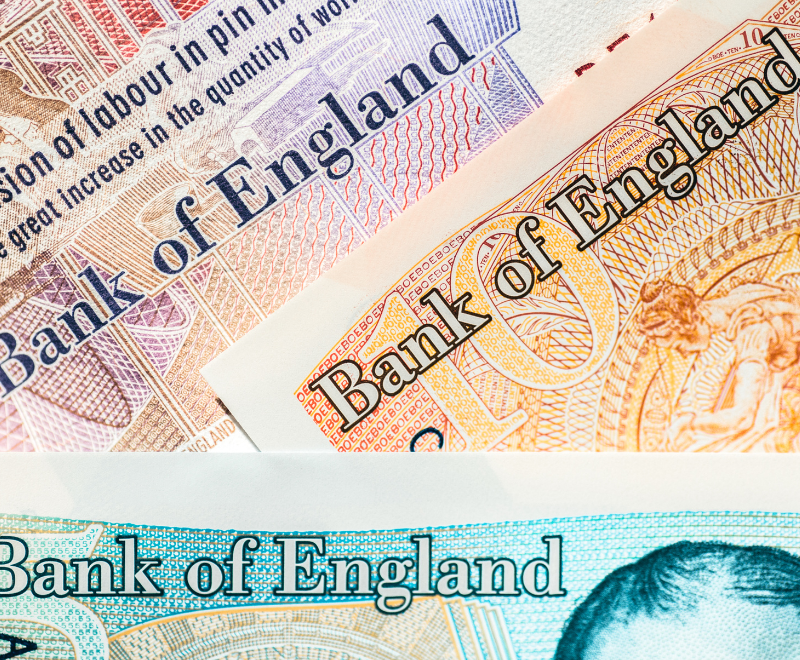In our ‘Behind the Headlines’ blog, we take a closer look at one of the week’s big news pieces, considering its significance and the response it has generated, as well as how it could further play out. This week, Fred Azis-Laranjo looks at the reaction to the inaugural report by the cross-party ‘British Infrastructure Group’ of MPs, entitled “Broadbad”, which singled out BT’s ‘Openreach’ for alleged under-performance and abuse of its dominant position in the broadband market.
What happened?
The ‘British Infrastructure Group’ made up of 121 cross-party MPs was recently formed to promote “better infrastructure across the UK.” In their first report, ‘Broadbad’, they investigated internet infrastructure and found that the UK’s broadband network is facing “serious problems”. The report accused BT Openreach – the nation’s largest broadband provider – of hindering economic development through a “lack of ambition and underinvestment.” It said the BT subsidiary enjoyed a “natural monopoly” that was costing the UK economy £11bn a year. It argued that increasing competition in the sector would help the 400,000 small and medium sized companies that currently did not have access to adequate broadband or download speeds.
Why is it important?
Not only does the furore demonstrate the increased appetite for backbench MPs to attack businesses to create headlines – no doubt inspired by Margaret Hodge’s fiery chairmanship of the Public Accounts Committee (PAC) during the last parliament – but it is also rare to have such a dramatic and direct call for intervention on a business from MPs. It points to a wider trend of increased scrutiny of private companies who are given Government money or contracts, with BT having received £1.7 billion of tax subsidies to connect hard to reach areas of the UK to superfast services.
What’s the reaction been?
Not good. There was widespread coverage on the day of the report’s release not to mention several follow-up stories in a range of national newspapers including the Guardian, BBC and Telegraph that were peppered with negative case-studies. BT shares also dropped nearly 5% on the day the story broke. With an upcoming 10-year digital communications review by Ofcom beginning next month, a Deutsche Bank analyst warned the FT that the report and headlines could trigger “a reappraisal of expectations for a broadly ‘status-quo’ outcome” from the review. Shares have recovered slightly but are still down, driven by uncertainty around the implications the report might have for the review. One incident that certainly didn’t help was an unfortunate PR blunder where two BT press officers phoned the office of that author of the report, Grant Shapps, and accidentally didn’t hang up. As a result they were caught laughing at the report on his voicemail. This gave the story oxygen (and meant it was seen by many more on social media), causing another slew of negative headlines, and a deeper dig through some of the statistics, meaning more potentially embarrassing facts and figures were revealed.
Best headline?
The Daily Mail didn’t beat around the bush, bashing BT for their “shoddy” service: MPs call for telecoms giant BT to sell its Openreach service so that the UK’s shoddy broadband coverage can be improved
What’s next?
BT has been firm and consistent in rebutting the claims, with group CEO Gavin Patterson suggesting the accusations are unfair, pointing out that 90% of homes currently have access to superfast broadband and that the copper cables that are described as “outdated” can actually still reach speeds of up to 500mbps. In an op-ed for the Telegraph he sought to contextualise some of the claims, explaining that the doom and gloom presented in the report is inaccurate and that British broadband is “is ahead of France, Germany and Italy.” The Department for Culture Media and Sport (DCMS), which oversees broadband provision and regulation, also highlighted that by the end of the year 95% of homes will have superfast access. BT has also strongly refuted the idea that forcing the group to sell Openreach would have the desired outcome, saying it would create “huge uncertainty”. The company added that the idea there would be more investment if it became independent was “wrong-headed”.
With DCMS apparently onside (at least publically, and for the time being), it seems unlikely that the Government or Ofcom will pursue the suggested break-up. However, with Ofcom’s 10-year review beginning next month this is definitely not the sort of coverage BT would have been hoping for so close to it.
Perhaps more importantly, however, the Google tax story that has rumbled on over the past few days has shifted attention away from BT quicker than a fibre-optic broadband connection. By preoccupying many tech, telecoms and business journalists, BT has – for the time being – come out of the firing line. Had BT not been so lucky, the story had potential to keep going.
Picture Credit: The Telegraph
Looking for a trusted public affairs agency? Our team helps with crisis communications to help manage any situation. Contact us today to learn more about how we can help!



